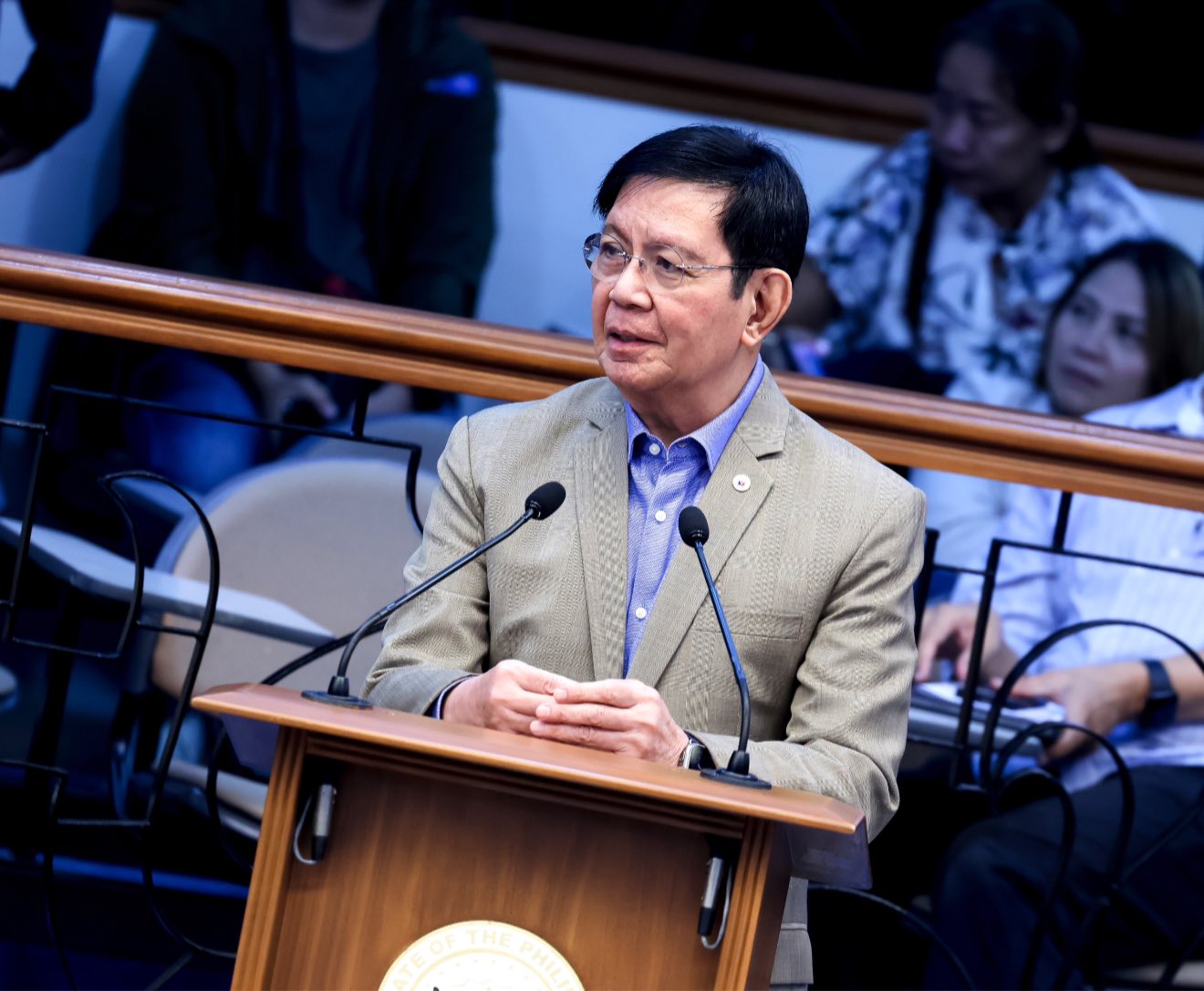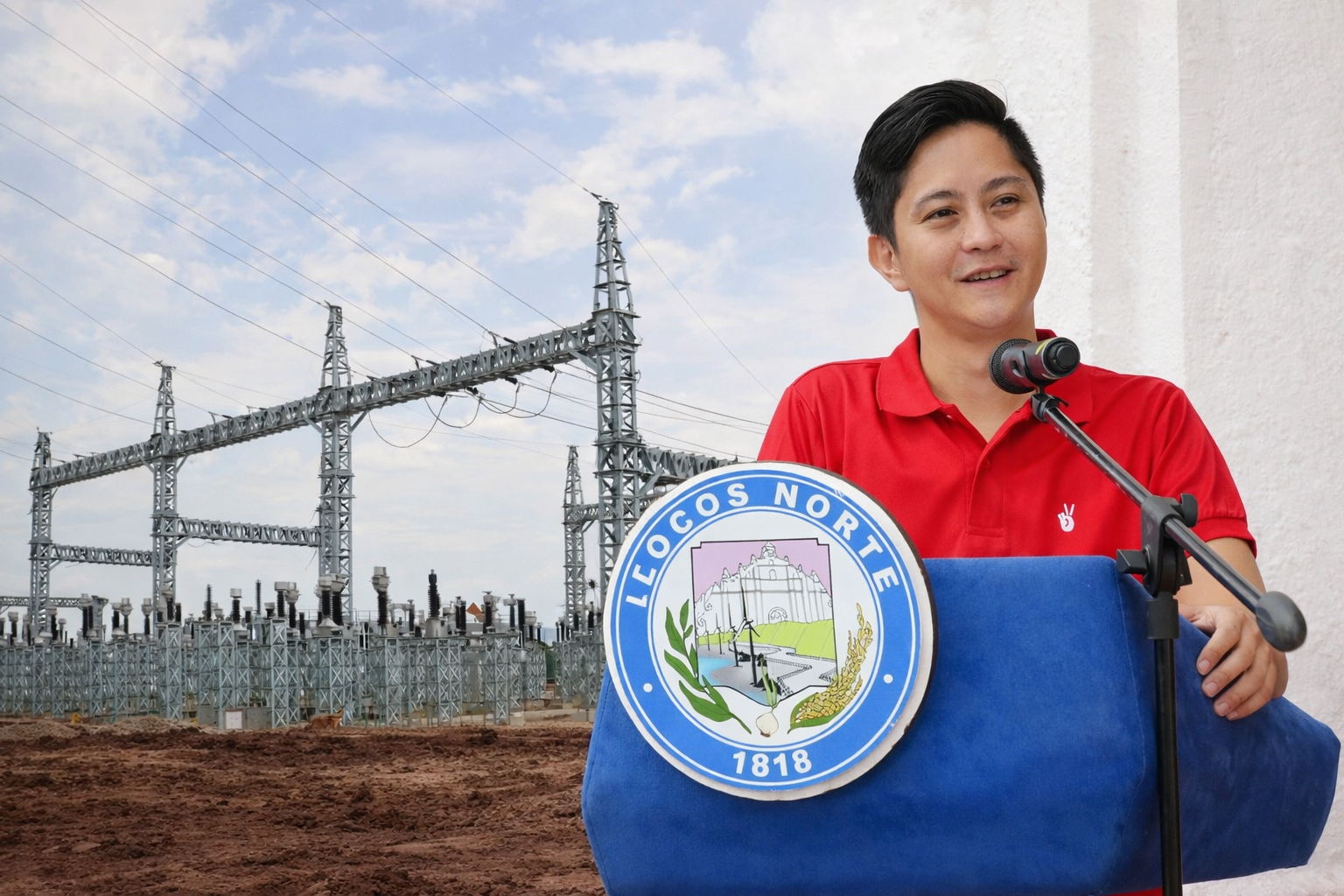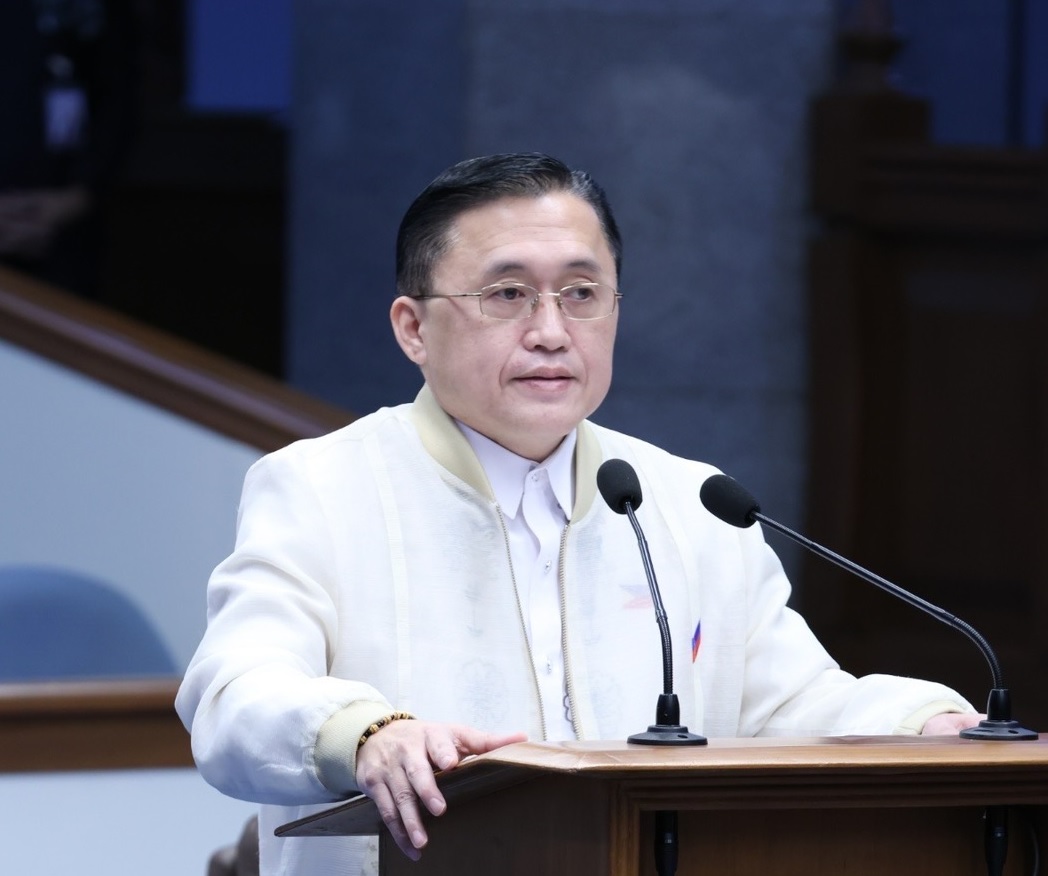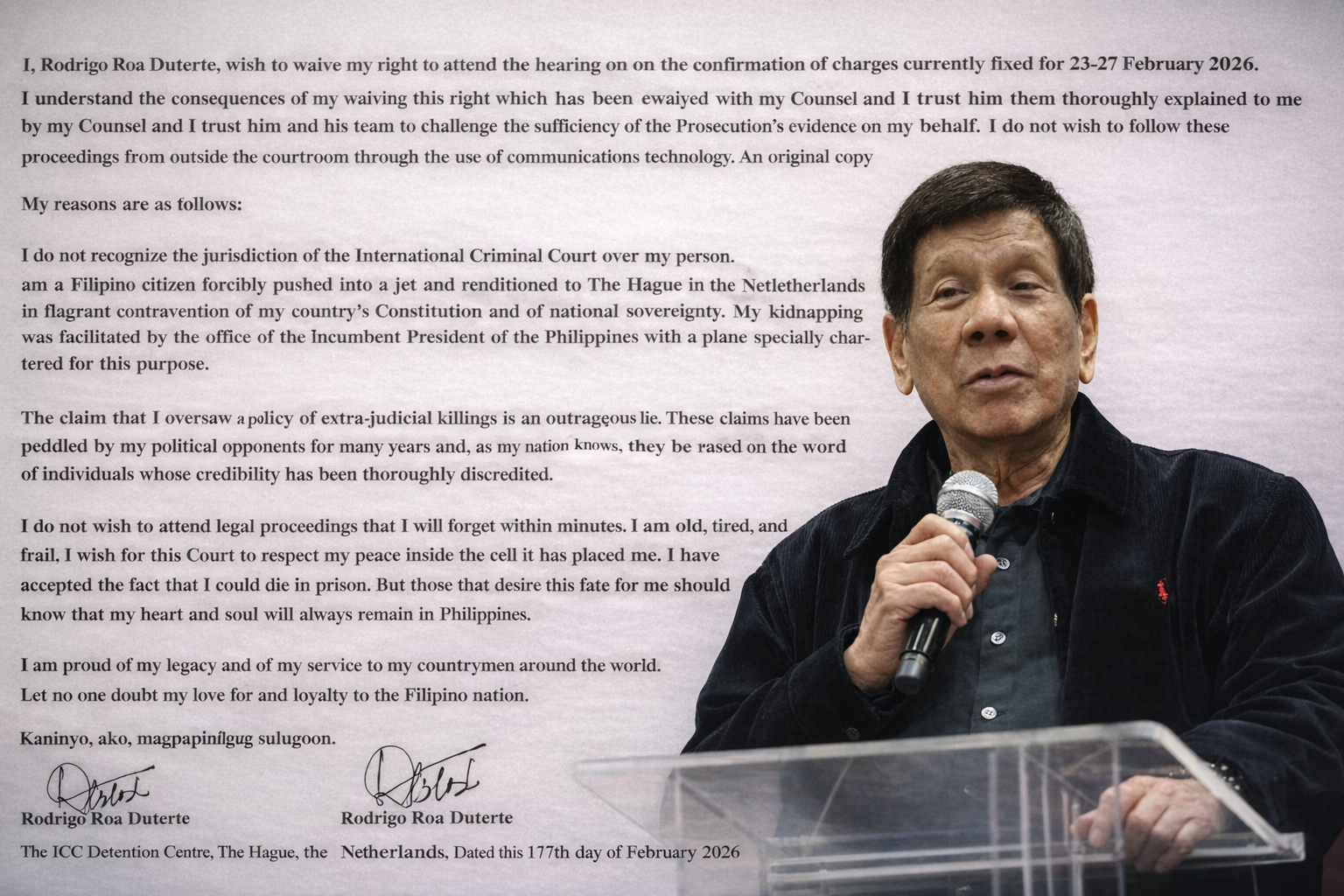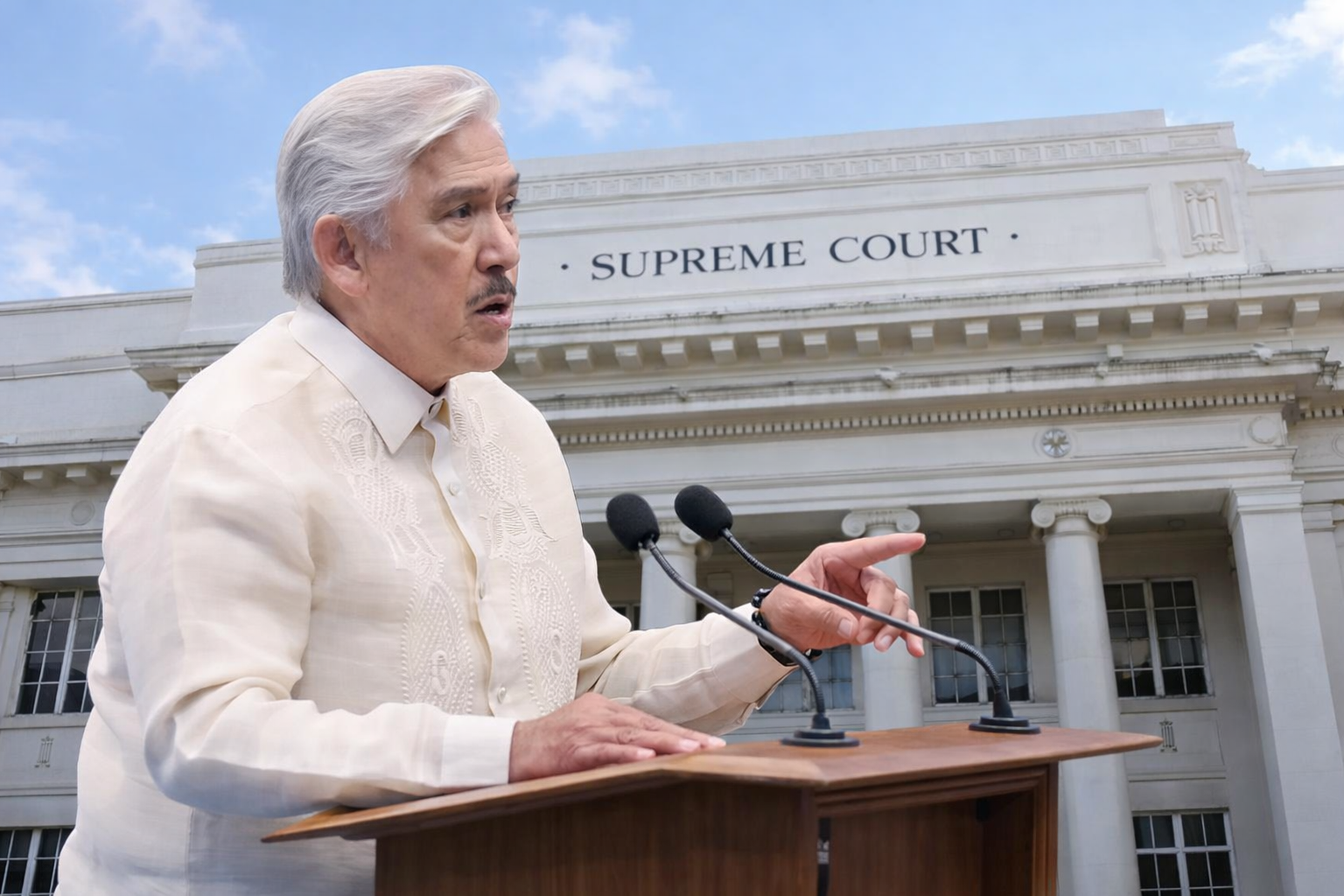Photo courtesy: Senator Pic Lacson facebook post
What Sen. Panfilo Lacson, the Palace’s communication spin doctors, the administration’s tireless troll armies, and the hundreds of loyal minions in the House of Congress want us to believe is astonishing in its simplicity — and insulting in its assumptions. They are trying to sell the narrative that a group of second-tier officials orchestrated and executed a billion-peso scam right under the President’s powdered nose, without his awareness, without his suspicion, and without any oversight from the country’s most powerful office.
It’s a story so convenient, it collapses under the weight of its own absurdity.
Sen. Lacson, in his subtle yet unmistakable defense of the Chief Executive, paints a picture of a blameless and — haha — utterly clueless President. In Lacson’s framing, the President is the tragic victim of rogue subordinates; a leader so trusting, so detached, or so shielded by incompetence that monumental corruption could thrive in the shadow of his office without him noticing.
But here’s the problem: in governance, ignorance is not an alibi. It is an indictment.
A president who does not know that corruption is happening right beneath him is not innocent — he is “criminally negligent”. And a president who claims not to know is even worse, because it suggests not incompetence but complicity. Either way, the conclusion is unacceptable for a nation already drowning in scandals and disillusionment.
This administration cannot keep hiding behind convenient cluelessness. Leadership demands accountability, vigilance, and integrity — not a perpetual parade of excuses crafted by spin doctors and swallowed whole by propaganda machinery. The Filipino people deserve better than a president who is either blissfully unaware or willfully blind.
And if the President truly had no idea, then the question becomes even more urgent:
Why is someone unfit to detect, prevent, or confront corruption still sitting in Malacañang?
In the end, the scandal is no longer just about the billions lost. It’s about the kind of governance we allow — and the kind of accountability we demand.

